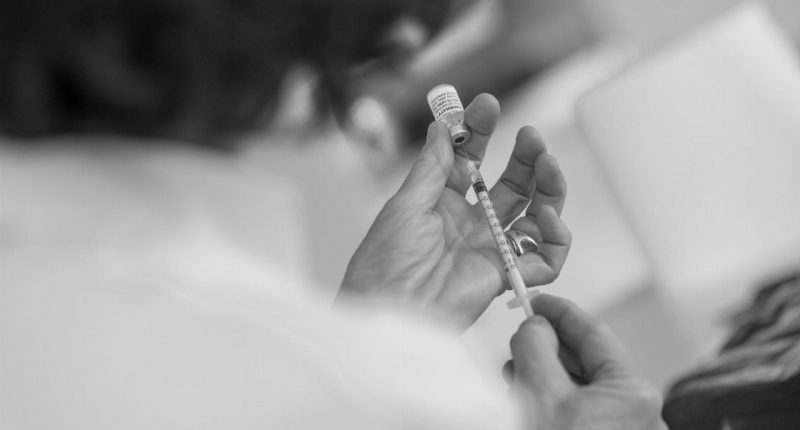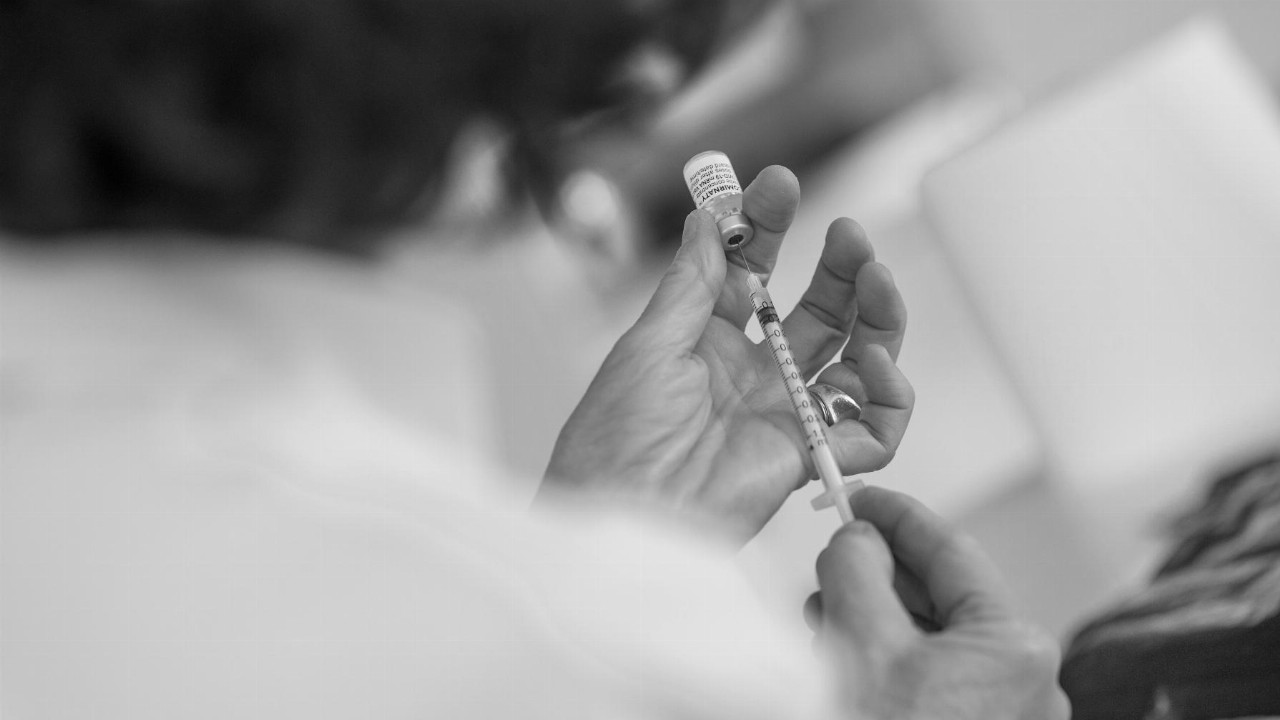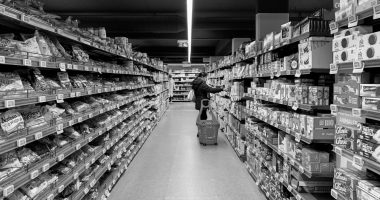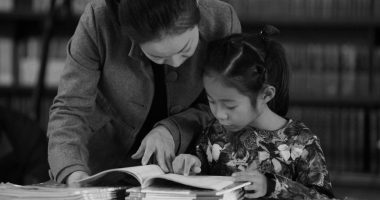In June 2021, with much of Australia in various stages of lockdown, and the country’s international borders closed, my wife and I began the process of obtaining permission to leave Australia so we could visit our son who was working in Nice, France.
He had been there since March 2020, and although he had been able to return home in that time, it was unclear when we might see him again, an indication of the uncertainty we all lived with at that time.
There is a lot of revisionism going on at the moment, with various commentators saying that Australia overreacted at the beginning of the pandemic, that the lockdowns were unwarranted, that they caused more harm than they prevented, that we should’ve just “let it rip”.
This is nonsense, but I suspect it will be difficult to explain to future generations what it has been like to live through the COVID-19 pandemic, let alone to hold back the self-serving rewrites of history that are already starting to emerge.
But let’s at least try.
Even as I write this, news has broken that prime minister Scott Morrison has COVID, a reminder that the virus has not gone away, though there is no doubt his contraction of the disease happens in circumstances quite different to even six months ago.
In late August 2021, we were given permission to leave the country on condition that we stayed away for at least three months, something we were lucky enough to be able to commit to. There were various other hoops we had to jump through, including being double jabbed, and showing some further compelling reason for leaving, which my wife was able to do as she had work commitments in Britain.
The most worrying thing at the time was that there was no guarantee we would be given permission to re-enter Australia, and we made contingency plans in case we were locked out, as so many others had already been.
We left Melbourne in September 2021, when the city was in the midst of its major Delta-strain lockdown, when a five-kilometre zone was in place, and where outdoor time was limited to two hours a day.
We could barely imagine what the France we would arrive in shortly would be like, but it is fair to say, we were unprepared. Reading back over the diary I kept of those months, it is clear it took some time to adjust to how I thought about COVID, and I am drawing on those diary entries with what I write here.
Only one other person checked in with us at Melbourne airport: there were more counter staff than passengers.
As it happened, I had only managed to secure a Medicare vax certificate two days before we left, but technically, I didn’t need it. I also had a negative test result, and the airline rules were clear that you needed one or the other, not both.
Nonetheless, at the counter they asked for both. Ugh.
There was then a separate process to go through: all our documentation was passed onto another person, and we were told it would have to be verified.
While we waited, the counter staff joked with us about the empty plane and checked us in so that we had a full row each, so we could lie down, as they said. This is what it must be like to own a Lear jet.
The woman verifying our documents returned and said we were good to go, but, she added, you don’t need to show proof of vaccinations and a negative test. Obviously, there had been some confusion, probably on our part, and I told her we were just being extra careful.
Not a bad idea at the moment, she said.
We had about an hour to kill in the empty terminal, and we bought coffee at the Grill’d burger bar, the only place open. The woman who verified our documents was still around, so I went and asked her something I had been wondering about.
In the absence of a Medicare vax certificate — which I almost didn’t get in time — could I have used the vaccination card I had been given when I got my second jab, the one they hand out at the clinic?
Absolutely not, she told me.
When we got to Charles de Galle airport in Paris, and went through customs, they asked for our passports and for a negative COVID test, and I accidentally opened the Medicare vax certificate on my phone and showed that. I realised straight away, but the guy took one look and said, no, that’s fine, through you go.
In other words, the Medicare certificate was good enough for French border control.
It was then onto Nice, and our son, and arriving in the city was like washing up on some vaguely remembered shore, some place we had heard about or imagined, and it didn’t seem quite real. People wore masks, and there were rules, but compared to what we had left in Melbourne, arriving here felt like landing in Willy Wonka’s Chocolate Factory, and all the Oompa Loompas were gorgeous and speaking French.
The pastels of the old buildings and the relentless sunshine made everything surreal, like you were walking through augmented reality.
The crowded, open-air restaurants; the boulevards full of people where the brand-name stores concentrated; the crammed public transport; people hanging out windows and leaning over balconies talking to their neighbours; the narrow streets of the old town a crush at lunchtime and dinnertime: it was like someone was directing a film designed to show us exactly how different where we were was from where we had been.
We had rapid antigen tests every three days — until our local vaccination certificate, the pass sanitaire, was approved — and best of all, we got to see our son, to see where he lived, to see that he was well and adjusting to all the challenges being thrown at him, from COVID to learning a new language.
We felt blessed.
I won’t lie: after a year of hard lockdowns in Melbourne, on and off, it was confronting to be in this relatively open city, and it challenged my ideas of how you might manage a pandemic. The big difference — which it took me a while to appreciate — was that France (including Nice) had high vaccination rates and, even when we arrived in September, they were running at around 80 per cent of all people over sixteen.
And this is the lesson that shouldn’t be lost: it has all been about vaccinations.
But there was also tremendous compliance with masking rules — indoors, on public transport — as well as with the use of the pass sanitaire, which was needed to enter restaurants, museums, movie theatres and the like.
Our initial sense of vulnerability gave way to a feeling that decent public health measures were in place and were being observed, and I don’t think I can overstate how important this was. It gave people a sense of security, and it is interesting to note that Australia had its worst retail figures, not during official lockdowns, but in January 2022 when restrictions were lifted, Omicron ran wild, and people became concerned about going out.
By late November, Europe was on the verge of another full-scale breakout, unevenly distributed across the Schengen Area.
By the time the Omicron strain fully hit just before Christmas, we were certain it would affect our return home, and, indeed, my wife’s work commitments in London for the end of January were cancelled, and a friend there told me the place was “crazy”.
Case numbers in France were escalating to 400,000 a day, though the only thing that noticeably changed was that the government stepped up its campaign for everyone to get a third jab. We had ours on December 27, lining up with the locals at a nearby facility, and I will always be grateful for how well we were treated, and the trouble officials went to to approve our foreign medical documents.
Vaccination rates in France are now running at around 80 per cent triple vaxed for all people over five years of age, and while we saw many anti-vax protests in Nice, and there was obviously a section of the public that objected to the various restrictions that were in place, such protesters were given very little succour in the media or in the halls of power, and most people just got on with living within the public health measures in place.
And it worked. In all the time we were there, none of the supermarkets ever ran out of stock, there was no shortage of RATs, and it was relatively easy to get a PCR test at pharmacies or the many permanent and temporary clinics in the city, with less than a 24-hour turnaround on results.
Don’t get me wrong: in many ways, Australia has done brilliantly since March 2020, and we should recognise the achievement. But it is interesting to compare ourselves with another prosperous country like France, and the thing that stands out for me is that they got their vaccine act together much more quickly than we did, and everything else flowed from that.
From the beginning COVID was a medical problem, but the pandemic was a political matter. How any given city, or country, responded to it was a matter of how governments responded, and we have learned a lot about how essential a collective response is to such an outbreak.
Australia, as a wealthy, well-resourced nation, benefitted from having in place a decent public health system, and, as it turned out, a federal system of government that allowed local leaders and responses to emerge, even as the federal government failed in their most basic obligations. The Morrison Government’s decision to stroll out the first vaccines, not to mention RATs, will remain one of the great policy failures of any government in our history.
We also benefited from various groups in civil society, including the trade unions, being able to bring to bear enough influence to have the federal government introduce JobKeeper and JobSeeker payments that not only kept businesses and individuals afloat during lockdowns, but lifted people out of poverty. In some jurisdictions, too, like Adelaide, homeless people were housed, and the flow on effects of that have been nothing but positive.
Of course, we remain vulnerable to any new strain, and we should not forget that more people are dying of COVID now than they were at the height of the Delta strain: sheer weight of infection numbers is seeing to that. As well, key sectors remain vulnerable, especially aged care, where the federal government is still failing to respond adequately.
Nonetheless, a combination of higher vaccination rates and the continuing viability of our public health system means that we are well-placed to manage things — currently at least — in a more open manner.
By all means, let’s pat ourselves on the back for what we have achieved, but the question we should be asking now is, why we would let lapse policies that helped us through the worst of the pandemic — and thus let people fall back into poverty and homelessness — just because the pandemic is, allegedly, over?
Nothing will make up for the loss and pain people have endured over the last two years, but we should at least recognise what has worked and lean into it, not rewrite history and pretend that “let it rip” in March 2020 would’ve been anything other than a disaster.
Tim Dunlop is the author of three books on media, technology and democratic reform, the most recent of which is “The Future of Everything”.






